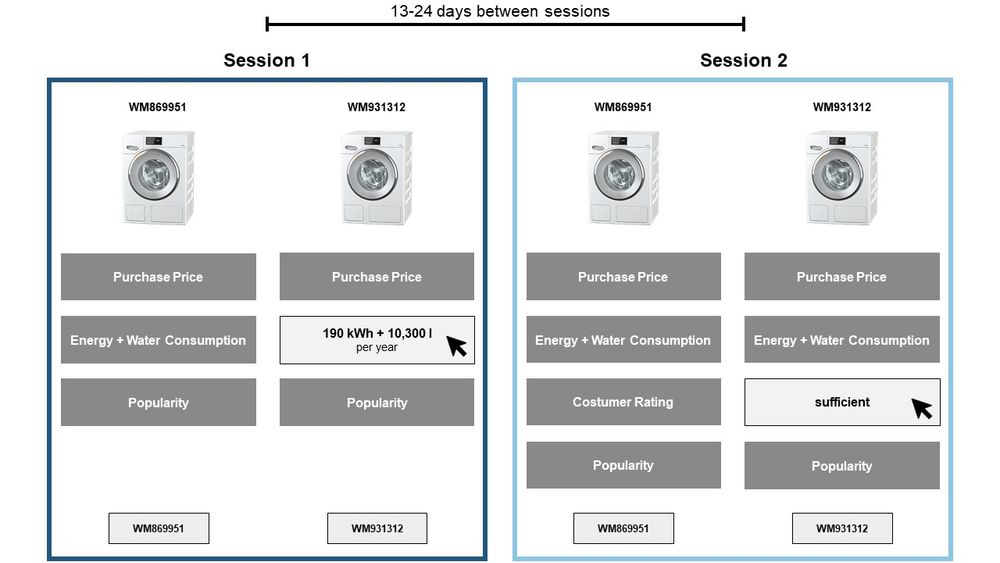Barbara Oberbauer
@barbaraoberbauer.bsky.social
34 followers
47 following
9 posts
PhD student @cmdn-lab.bsky.social (PI: @sgluth.bsky.social) at the University of Hamburg modeling dietary and sustainable decision-making - ScieCom enthusiast - all about soccer, rowing, and books 📚
Github: https://github.com/barbaraoberbauer
Posts
Media
Videos
Starter Packs
Reposted by Barbara Oberbauer
Reposted by Barbara Oberbauer




